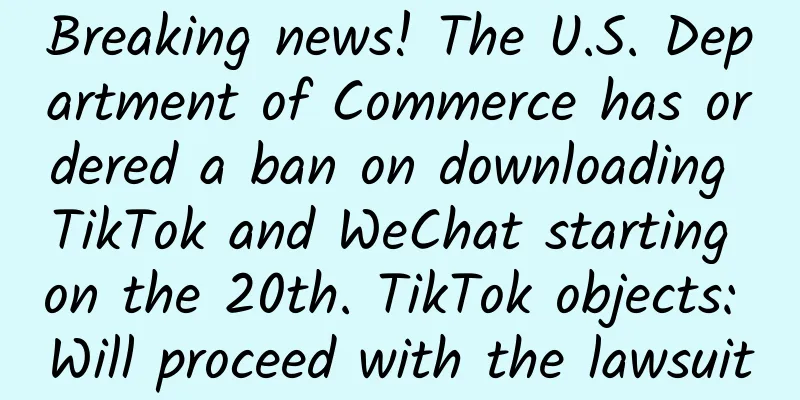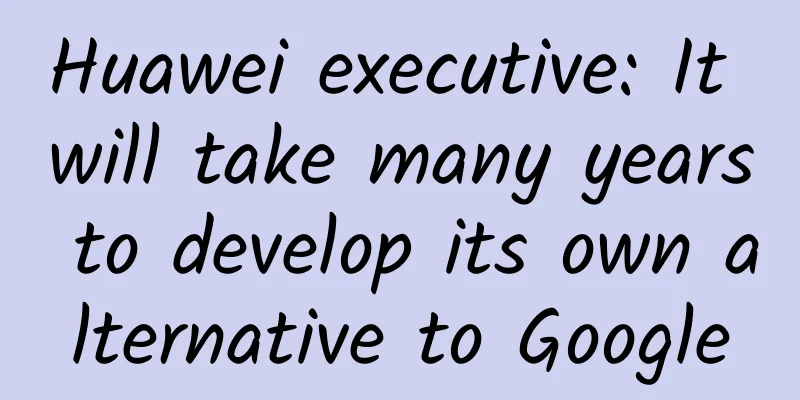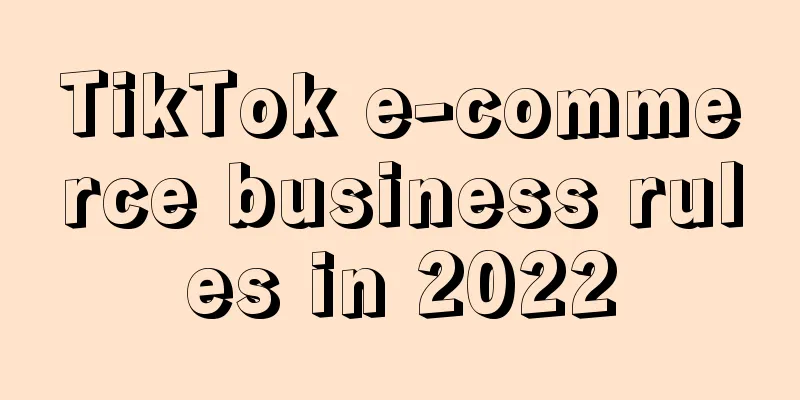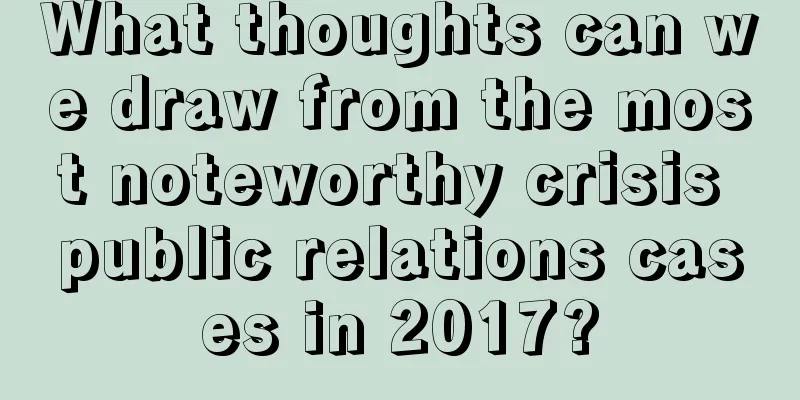Breaking news! The U.S. Department of Commerce has ordered a ban on downloading TikTok and WeChat starting on the 20th. TikTok objects: Will proceed with the lawsuit

|
Finally, the United States made a decision - to implement a ban on WeChat and TikTok from September 20, 2020. On September 18, 2020 local time, the US Commerce Department issued a statement saying that in response to the executive order signed by President Trump on August 6, 2020, to maintain national security and protect American citizens, it will ban transactions related to the apps WeChat and TikTok. U.S. Secretary of Commerce Wilbur Ross said:
In response, TikTok said:
US ban on WeChat and TikTok takes effectIn the statement, the U.S. Department of Commerce said that although the threats posed by WeChat and TikTok are different, they are similar :
Leifeng.com learned from the official website of the U.S. Department of Commerce that starting from September 20, 2020, the following transactions will be prohibited:
In addition, the U.S. Department of Commerce also stated that starting from September 20, 2020 and November 12, 2020, restrictions will be imposed on the following transactions for WeChat and TikTok respectively:
It can be seen that the US ban on the two apps took effect at different times. The US Department of Commerce explained:
That is to say, as Oracle's "trusted data security and compliance partner," TikTok will still have the possibility of turning the situation around. TikTok, which is being manipulated, also responded that it opposed the decision and was deeply disappointed with it, and would continue to advance the lawsuit against the US government's executive order. It is worth mentioning that the U.S. Department of Commerce also stated in the statement that any other prohibited transactions related to WeChat or TikTok may be discovered someday in the future. If the government confirms that the illegal behavior of WeChat or TikTok is somehow replicated by any other application outside the executive order, then the president has the right to consider whether additional orders are needed to restrict such applications. TikTok and WeChat at the center of controversyTikTok and WeChat, one is China's most successful overseas social app, and the other is a national-level app that has gone abroad. Both have been pushed to the forefront. TikTokAs early as early July, US President Donald Trump and Secretary of State Mike Pempeo repeatedly stated that the US government was considering banning TikTok. On July 29, U.S. Treasury Secretary Steven Mnuchin confirmed that TikTok is under review by the U.S. Department of Commerce’s Committee on Foreign Investment (CFIUS). On July 31, Donald Trump threatened to ban TikTok as early as August 1. Influenced by this news, TikTok's parent company ByteDance was forced to agree to completely divest TikTok's US business. On August 3, Donald Trump also said that he would allow American companies to buy TikTok. After that, who will take over became the biggest mystery - Microsoft, Twitter, Oracle, Softbank and others have joined the "division team". During this period, ByteDance officially sued the U.S. government on August 24. Faced with disaster, TikTok CEO Kevin Mayer, who had joined the company only three months ago, could not hold on and left TikTok. The latest news is that Oracle will become a trusted technology partner for TikTok's business in the United States, which means that TikTok is no longer in danger of being sold, but it will still face two aspects of review - one is the CFIUS review, and the other is the national security review based on the presidential executive order. According to foreign media analysis, the above-mentioned US Department of Commerce announcement set a separate timetable for TikTok, which may be set for the transaction being negotiated between TikTok and Oracle. It is understood that if the government approves, Oracle will provide cloud services to TikTok. However, according to TikTok, a lawsuit will also be put on the agenda, so this event is full of uncertainty.
In August this year, WeChat also came into the sight of the US government. On August 5, 2020, U.S. Secretary of State Mike Pompeo held a press conference and announced a Clean Network plan aimed at "curbing potential national security risks," which explicitly stated that WeChat, an "untrusted" Chinese app, would be banned from U.S. app stores. On August 6, Donald Trump signed an executive order stating that after 45 days, American citizens will be banned from using the WeChat app for related transactions. As soon as the ban was announced, American technology companies were the first to oppose it. On August 11, companies including Apple, Intel, Disney, Walmart, Goldman Sachs, Ford and others expressed their opposition in a conference call with White House officials. Naturally, American WeChat users, including many Chinese, also filed administrative lawsuits against the US government. To this end, on September 16, the US Department of Justice issued a statement saying that American WeChat users can continue to download and use WeChat and will not bear civil and criminal liability for violating the presidential ban. Although the Ministry of Justice has compromised, WeChat is still under threat from the government. At this point, the two apps have finally received their “verdict”, but it’s not over yet. |
<<: iOS welcomes a major update, and apps that secretly collect your information are trembling
>>: QQ launches youth mode for mobile version: a simpler social experience
Recommend
The geological code of "Flame Mountain"
The "Flame Mountain" in the Turpan Basi...
You can also make 500,000 yuan a month by relying on information flow!
Before we start today's topic, let's look...
Can opening an opening in the Himalayas change the climate between China and India?
Decades ago, someone planned to blast a hole in t...
Momo advertising billing model, user attributes and delivery process!
Momo Advertising ’s advertising resources mainly ...
Believe it and fall for it. How many of these useless apps have you used?
With the popularity of smartphones, more and more...
Look at Generation Z marketing from Bilibili and Xiaohongshu!
"Capturing Generation Z is equivalent to cap...
The ancient "Great Wall for Defending the Sea" that looks like fish scales can actually block the Qiantang Tide!
What methods did the ancients use to control floo...
Investment Bank Yue Nu Sword - A practical lesson on how to play with strong stocks
Investment Banking Yue Nu Sword - Playing Strong ...
Growth has reached a bottleneck? Why is the maximum storage capacity of mobile phones limited to 256GB?
The storage capacity of smartphones is getting big...
The monthly active users of the APP exceeded 10 million! Daily Youxian user growth tips!
On October 28, Trustdata, a mobile big data monit...
What is a mini program? How do mini programs make money?
A mini program is a mobile application that can b...
Yingke has been removed from the shelves again. Will this be a sign that it is in trouble?
The rumors of "selling out" have just s...
Besides coffee, what else can drones deliver?
Recently, a piece of news has attracted attention...
Apple and Google's health code exposes the "digital divide": 2 billion old phones cannot be used
Beijing time, April 20, market research firm Coun...
Three key points for event operation: How to increase users’ willingness to participate in events?
As an event operator , I wonder if you have ever ...









